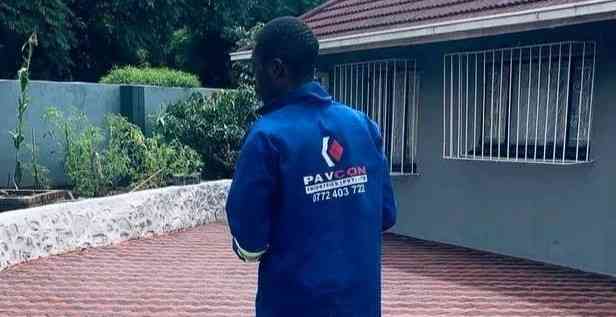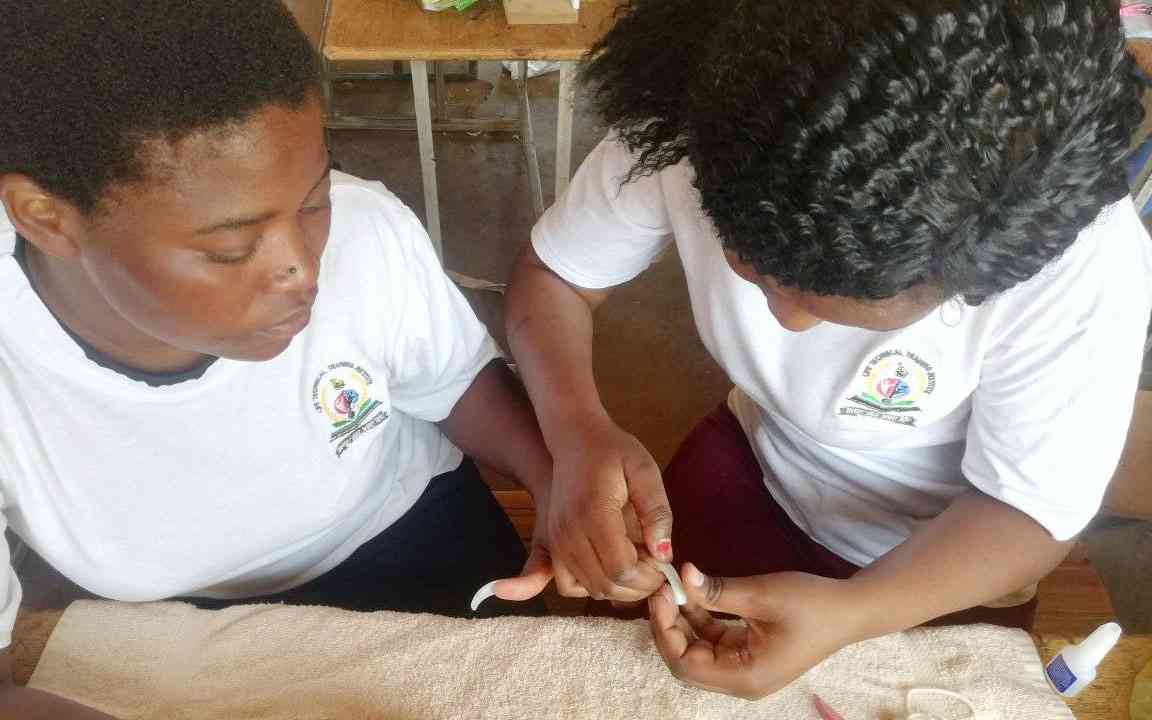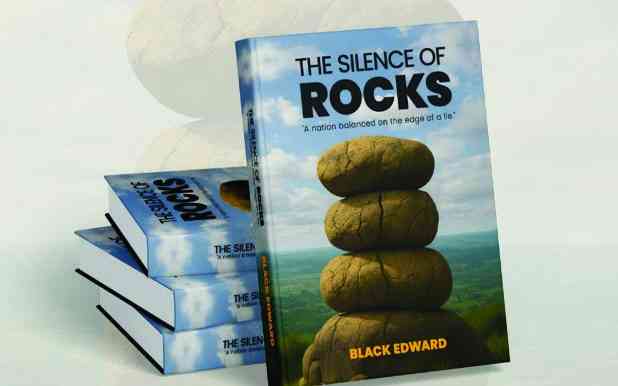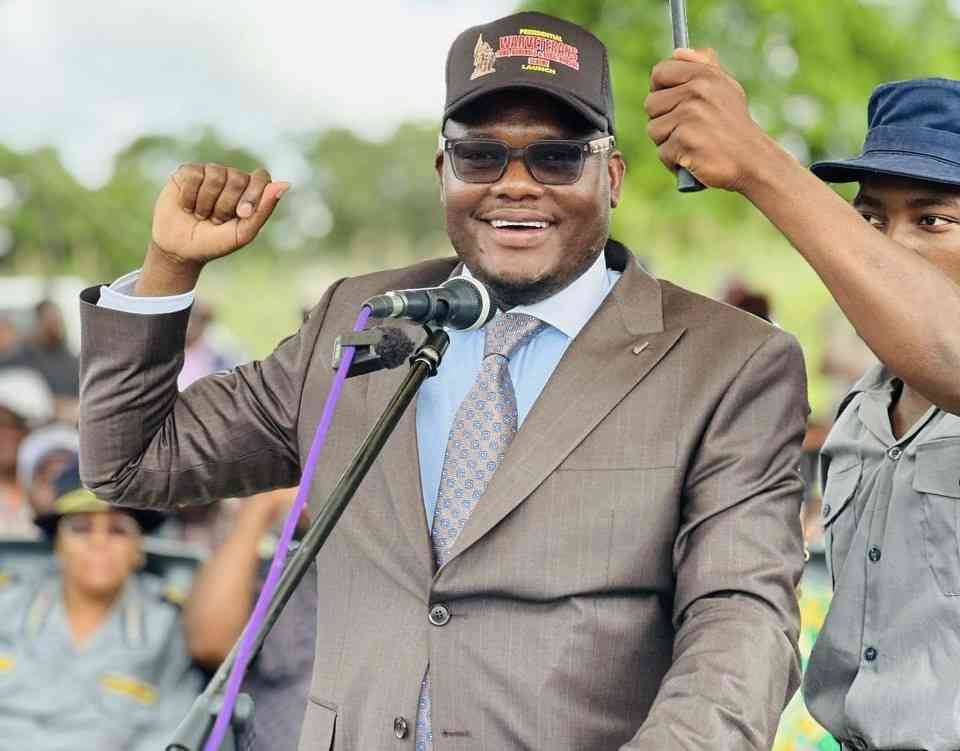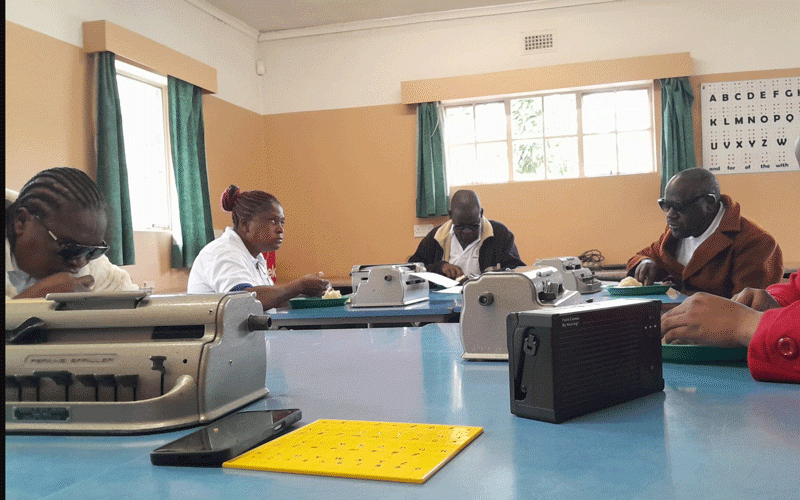
RECENTLY, the Dorothy Duncan Centre for the Blind and Physically Handicapped demonstrated its vital role in empowering citizens during its annual Open Day event.
Chairperson Mike Frudd and his vice, Chomi Makina, hosted guests comprising alumni, partner organisations and corporate supporters, including National Foods and Moonlight Funeral Services. Visitors explored the facility's departments, beginning with the rehabilitation unit.
The department has enrolled six students for its second 2025 intake — five of whom reside at the centre's new residence in Milton Park suburb.
The students — whose backgrounds range from academics to former professionals — have diverse visual impairments caused by conditions such as glaucoma, retinal detachment and TB meningitis, among others.
They shared their experiences and the benefits they have gained from the centre. “We are being taught life skills that allow us to be independent at home, such as cooking, walking, and washing dishes, among other chores. My goal is to complete the programme, return to work, and fulfil my dream of achieving a doctorate," Esau Mutuzungari, a former agricultural extension officer with the ministry of agriculture, shared.
“My confidence grew at Dorothy Duncan,” said Tafara, a student currently enrolled in the Social Amenities Development programme at the University of Zimbabwe. “At home, I wasn’t allowed to cook, but now my family relies on me.”
The main library was occupied by Dorothy Duncan alumni, who demonstrated the use of ICT gadgets such as computers, phones, and CCTV magnifier used to enlarge text for those with low vision. The students also gave testimonies of life after Dorothy Duncan. "Some have pursued degree programmes while others are currently enrolled in various state institutions where they are learning," Anderson Robertson, the director of the centre, told Standard Style.
Three alumni who benefitted from Dorothy Duncan were selected to share their stories and experiences among them Allen Mbofana a Maths teacher and former student born with sight impairment, who first came to Dorothy Duncan in 2006, where he enrolled in the rehabilitation program specialising in braille and computer skills. After mastering the essential tools, he was able to pursue higher education, ultimately earning multiple degrees: a master's degree, bachelor of arts honours in Mathematics Education, and finally his Doctor of Philosophy (PhD) in Mathematics Education.
- Mavhunga puts DeMbare into Chibuku quarterfinals
- Bulls to charge into Zimbabwe gold stocks
- Ndiraya concerned as goals dry up
- Letters: How solar power is transforming African farms
Keep Reading
“Dorothy Duncan has been very instrumental in my achievements – in fact, it was the foundation,” Mbofana said. “I returned to assist students with their mathematics studies, and the centre provided Braille textbooks. A number of students have come from the centre, with some having completed their degrees at the University of Zimbabwe.”
Mbofana noted that most mathematics teachers in Zimbabwe cannot teach learners with visual impairment, and even those with these specialised skills have often left the country. “If the teacher training colleges and universities can assist in training teachers who can handle learners with visual impairment, especially in mathematics and science, that would be very helpful. It is easier for a teacher to teach history or heritage studies. Any teacher can teach those subjects regardless of whether the student is visually impaired or not, but when it comes to mathematics, you need somebody who is specialised," Mbofana emphasised.
Visitors also passed through the transcription department, where written material is transcribed from print to braille. On this part of the tour, they were taken through a guided tour that encouraged hands-on participation, allowing them to engage directly with braille and traditional texts alongside Rueben, the Dorothy Duncan guide.

